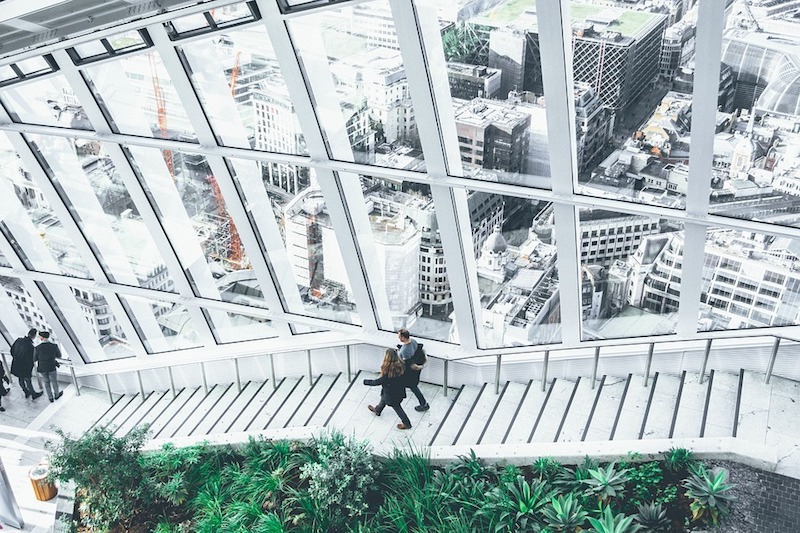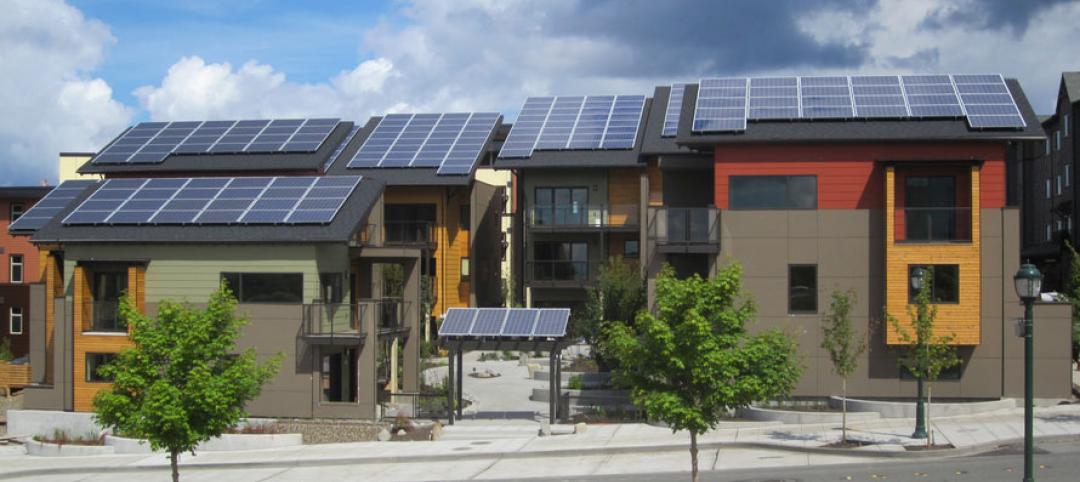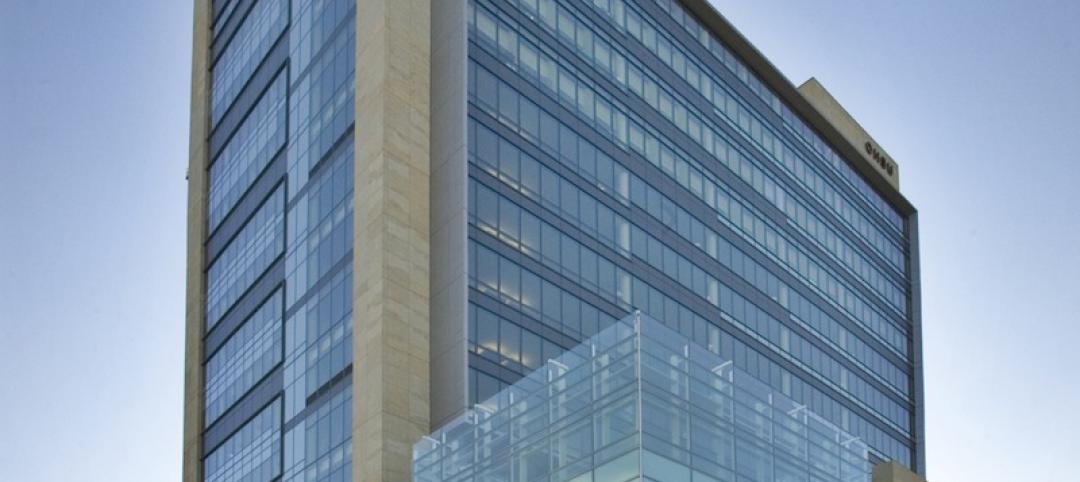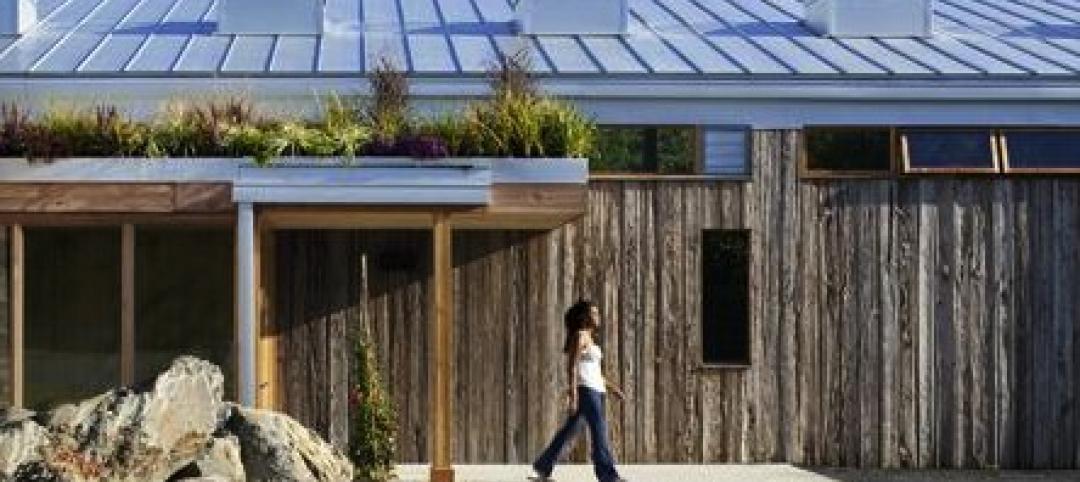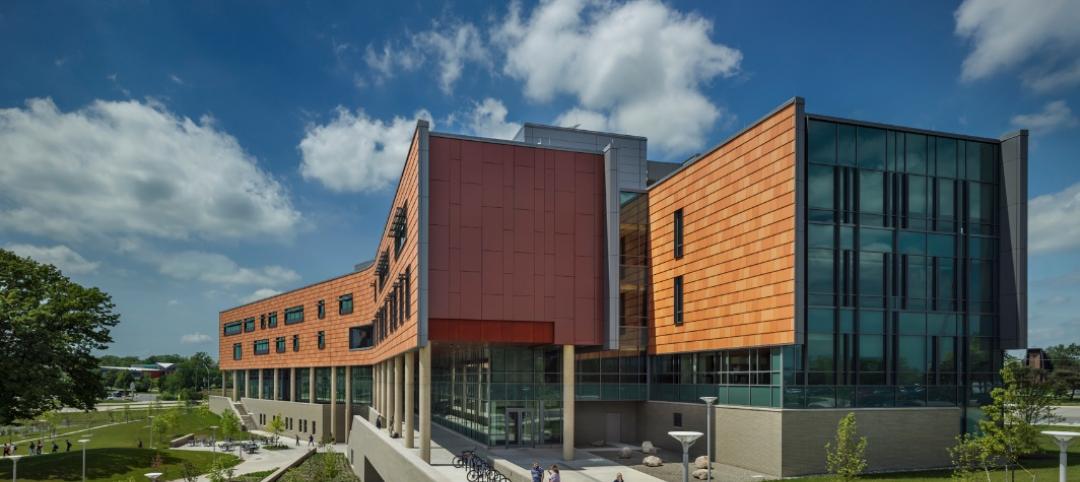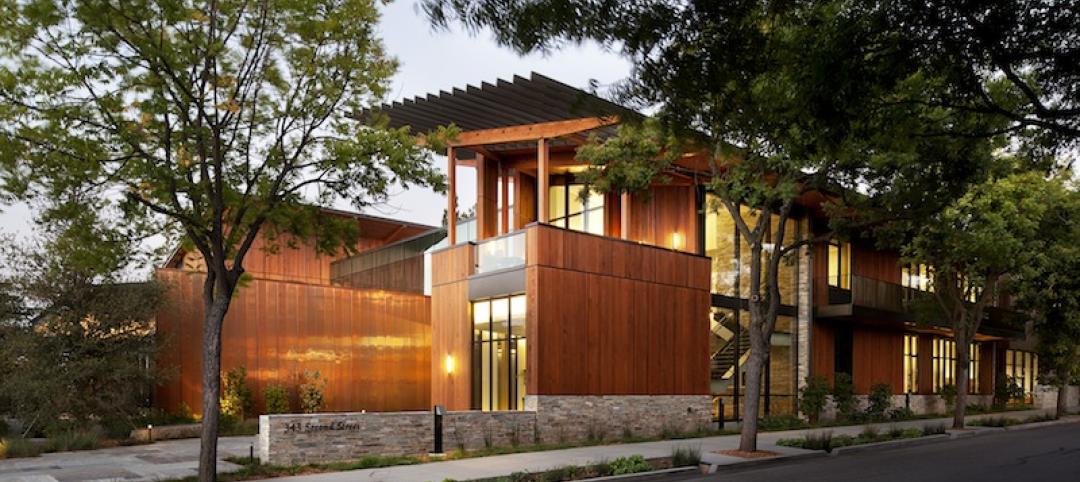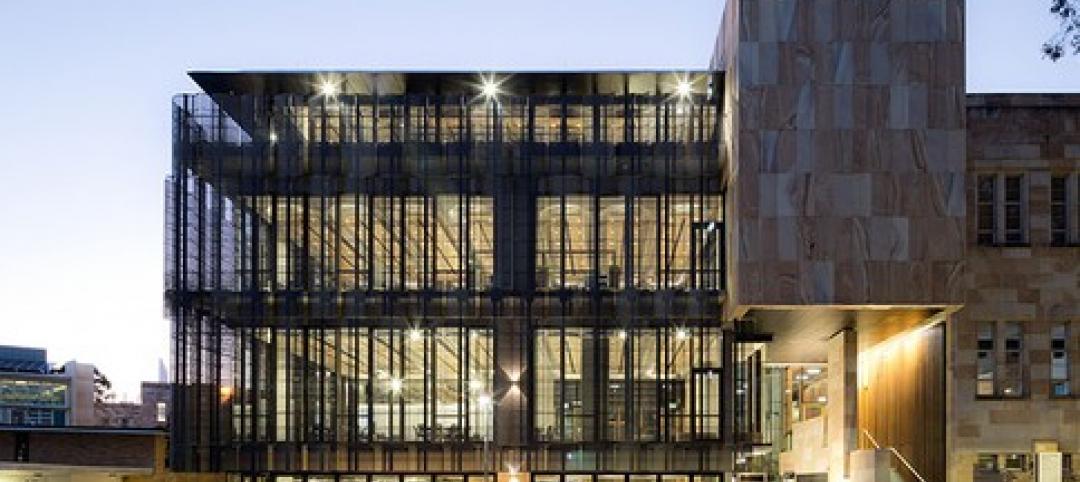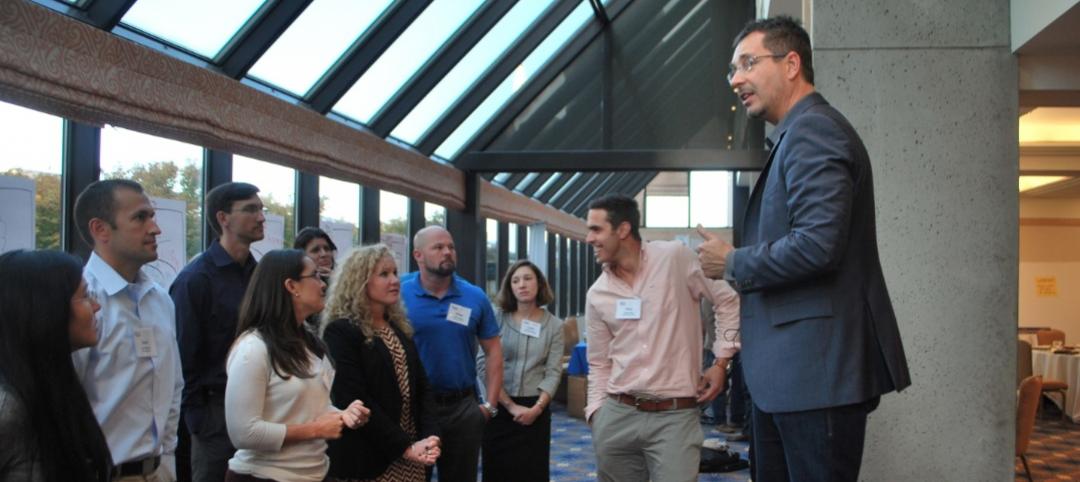According to a new recently released survey from the U.S. Green Building Council (USGBC), employees who work in LEED-certified green buildings are happier, healthier, and more productive than employees in conventional and non-LEED buildings. The survey also shows that a majority of office workers want to work for companies that are value-oriented, take stances on important issues like sustainability, and do their part for making a positive difference in the world. In fact, 84% of respondents prefer to work for a company that has a strong, concrete mission and positive values.
When it comes to choosing a new job, findings show that people’s decisions were influenced by whether or not the workplace was in a LEED-certified building. More than 90% of respondents in LEED-certified green buildings say they are satisfied on the job and 79% say they would choose a job in a LEED-certified building over a non-LEED building.
“We discovered that today’s employees are more motivated than ever to work for a company that promotes not just a higher standard of living for its employees, but also of its community,” said Mahesh Ramanujam, president and CEO, USGBC. “In today’s highly competitive job market, if companies want to attract and retain highly-skilled, talented employees, they must demonstrate a commitment to environmental, human, and economic sustainability.”
LEED buildings are linked to improved productivity, health, and wellness, and the survey showed that these attributes, as well as a space that provides clean and high-quality indoor air, directly contribute to employees feeling happy and fulfilled at work. More than 80% of respondents say that being productive on the job and having access to clean, high-quality indoor air contributes to their overall workplace happiness.
In addition, 85% of employees in LEED-certified buildings also say their access to quality outdoor views and natural sunlight boosts their overall productivity and happiness, and 80% say the enhanced air quality improves their physical health and comfort.
The survey, conducted by Porter Novelli on behalf of USGBC, included 1,001 workers in the U.S. who are employed full-time or part-time, or self-employed but work in an office building setting.
Related Stories
| Nov 8, 2013
Net-zero bellwether demonstrates extreme green, multifamily style
The 10-unit zHome in Issaquah Highlands, Wash., is the nation’s first net-zero multifamily project, as certified this year by the International Living Future Institute.
| Nov 8, 2013
Exclusive survey: Architects balance ideals, skepticism regarding green strategies
Architects are seeking affirmation that the complex array of programs, systems, and tools at their disposal actually do result in more sustainable buildings, according to a recent survey of architects by Building Design+Construction.
| Nov 6, 2013
Energy-efficiency measures paying off for commercial building owners, says BOMA study
The commercial real estate industry’s ongoing focus on energy efficiency has resulted in a downward trend in total operating expenses (3.9 percent drop, on average), according to BOMA's Experience Exchange Report.
| Nov 5, 2013
Living Building Challenge clarifies net-zero definitions and standards
The Living Building Challenge has released the Net Zero Energy Building Certification to provide clearer definitions regarding what net zero really means and how it is to be achieved.
| Nov 5, 2013
Oakland University’s Human Health Building first LEED Platinum university building in Michigan [slideshow]
Built on the former site of a parking lot and an untended natural wetland, the 160,260-sf, five-story, terra cotta-clad building features some of the industry’s most innovative, energy-efficient building systems and advanced sustainable design features.
| Oct 28, 2013
Packard Foundation’s headquarters receives ILFI Net Zero certification
The Packard Foundation’s 49,000-sf headquarters recently achieved Net Zero Energy Certification through the International Living Future Institute (ILFI), making it the largest such building in the world.
| Oct 21, 2013
University of Queensland’s net-zero building features biomimicry-based design
University of Queensland’s Global Change Institute (GCI) building in Australia showcases on-site solar energy sources, biomimicry-based design features, and the first structural use of low-carbon concrete in the country.
| Oct 21, 2013
ASHRAE/IES publish 2013 Energy Standard
Major changes to requirements regarding building envelope, lighting, mechanical and the energy cost budget are contained in the newly published energy standard from ASHRAE and IES. ANSI/ASHRAE/IES Standard 90.1-2013, Energy Standard for Buildings Except Low-Rise Residential Buildings, incorporates 110 addenda, reflecting changes made through the public review process.
| Oct 18, 2013
Meet the winners of BD+C's $5,000 Vision U40 Competition
Fifteen teams competed last week in the first annual Vision U40 Competition at BD+C's Under 40 Leadership Summit in San Francisco. Here are the five winning teams, including the $3,000 grand prize honorees.
| Oct 18, 2013
Cities may be more capable of driving sustainability than nations, experts say
With countries not tackling climate change aggressively, cities are in the best position to drive increased sustainability.


